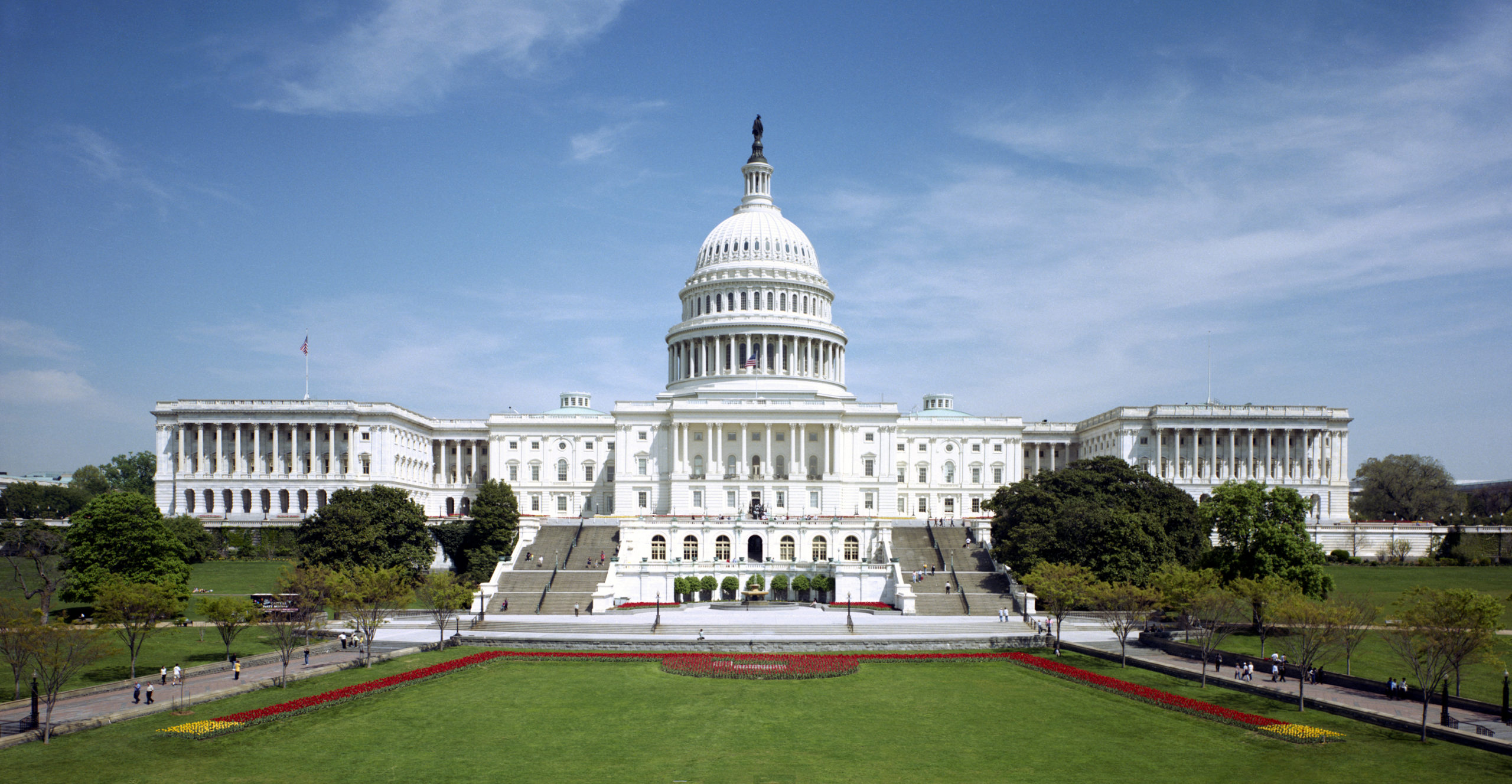WASHINGTON – After months and months of bickering, whining, blaming and shaming, lawmakers in the nation’s Capital decided to finally facilitate some help to the American public; but it still may not be coming.
On Dec. 21, Congress passed a funding package, featuring $900 billion in stimulus funding and $1.4 trillion in money for federal agencies – staving off a federal shutdown. Among the items in the bill are $284.4 billion in Payment Protection Program loans, $300 in weekly unemployment money for those without a job, and a $600 check for most Americans, half of the $1,200 that people got earlier in the year. As with the first checks, those making over $75,000 and couples making over $150,000 are excluded. The U.S. House of Representatives passed the bill 359-53, while the Senate voted in favor 92-6.
Not included in the bill is help for local and state governments, or liability protections for businesses, health care providers, and schools against COVID-19 claims. However, included in the bill is more money for COVID-19 testing and $4 billion for the New York Metropolitan Transit Authority (MTA).
And then, there was more controversial elements of the bill. One, the length, as lawmakers had only hours to approve something that was nearly 5,600 pages. Another item was aid to foreign countries, which included such things as $1.3 billion to Egypt, $500 million for Israel, $85.5 million to Cambodia and $25 million for Pakistan, which has many Americans puzzled as to why other nations are getting critical money during this time.
The lack of money for everyday Americans and influx of money toward non-Americans drew the ire of President Trump. In a video posted to social media, he voiced his displeasure with what Congress offered.
“The bill they are now planning to send back to my desk is much different than anticipated. It really is a disgrace…I’m asking Congress to amend this bill and increase the ridiculously low $600 to $2,000, or $4,000 for a couple. I’m also asking Congress to immediately get rid of the wasteful and unnecessary items from this legislation.”
In a rare action, House Speaker Nancy Pelosi agreed with Trump on something, which was adding money to stimulus checks.
“Republicans repeatedly refused to say what amount the President wanted for direct checks,” Pelosi poster on Twitter. “At last, the President has agreed to $2,000 – Democrats are ready to bring this to the Floor this week by unanimous consent. Let’s do it!”
Although the bill got through the House and Senate with a veto-proof majority, Trump could enact a “pocket veto” – in which he does not formally veto the bill. By law, the President can refrain from acting on a bill for 10 days before Congress could then pass the law by themselves. However, because there is less time before a new Congress convenes, this could effectively kill the bill.
The bottom line: hopefully, something will get done by the time you read this.


